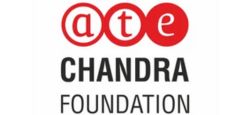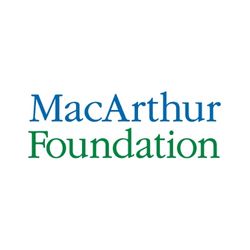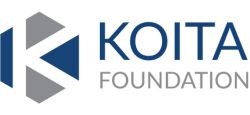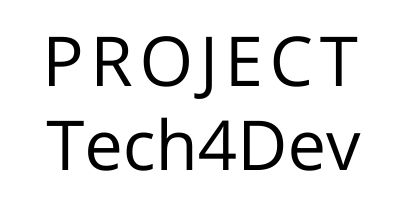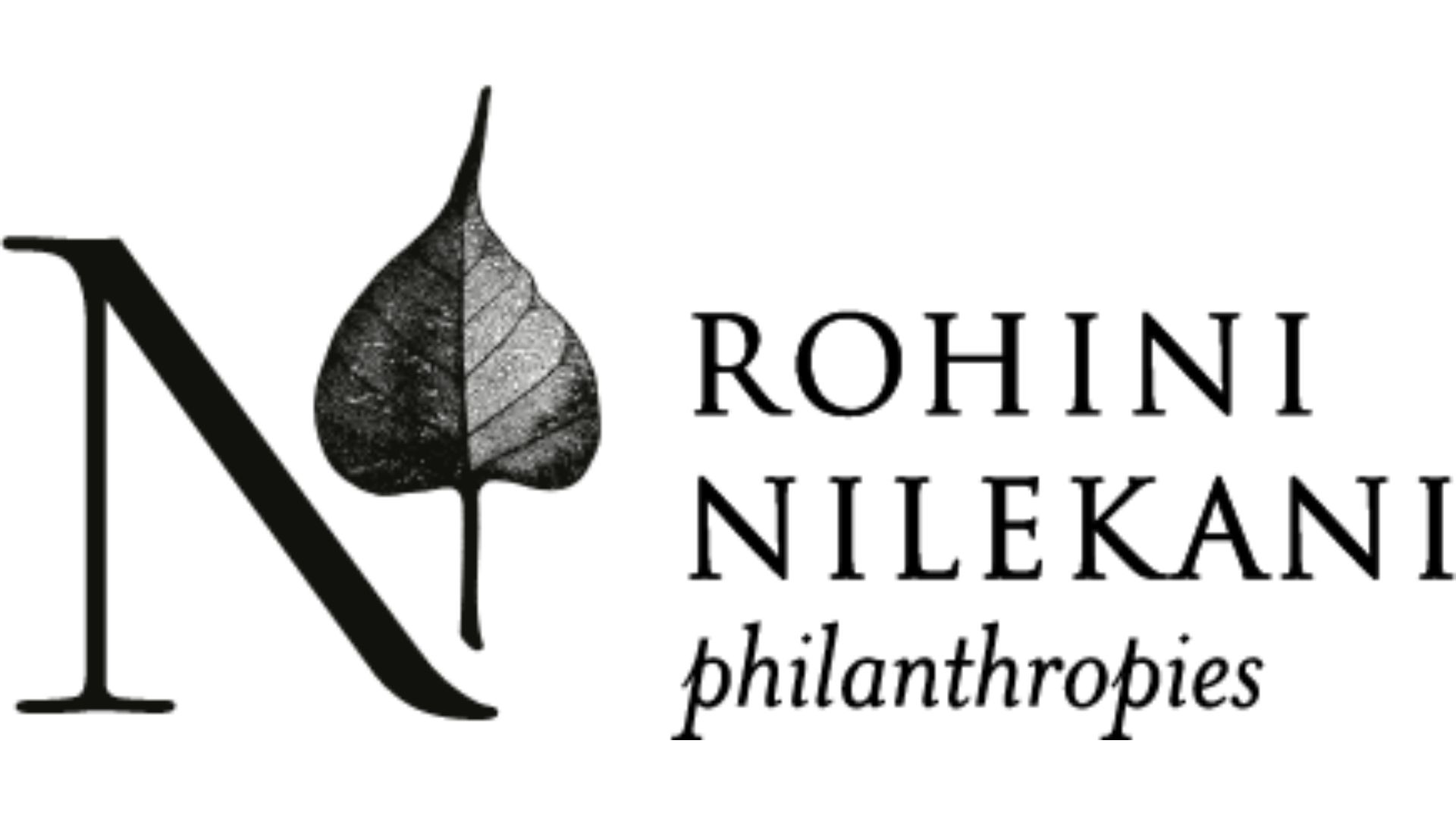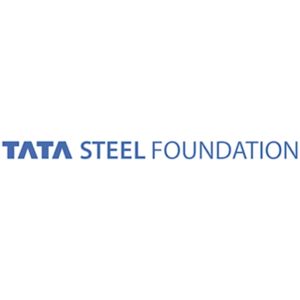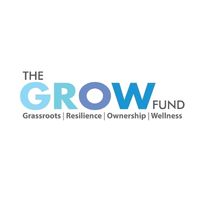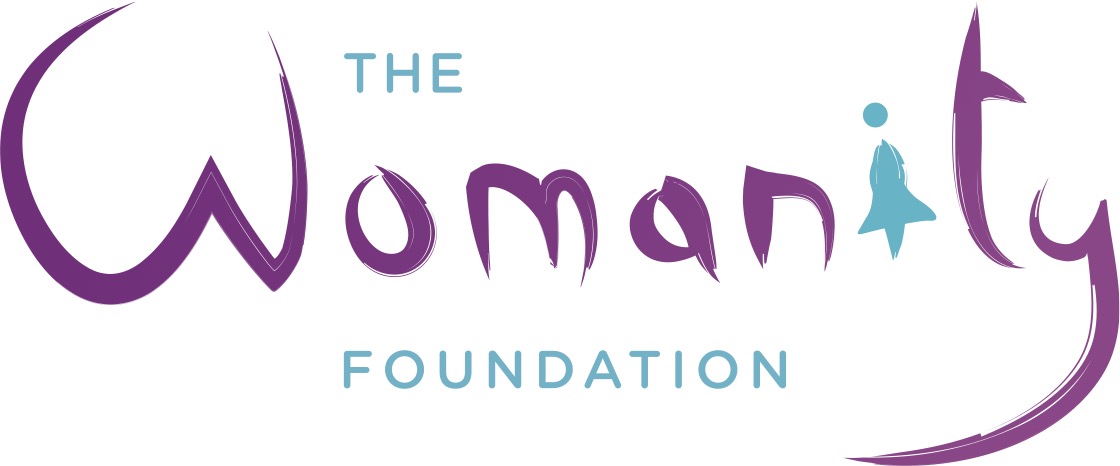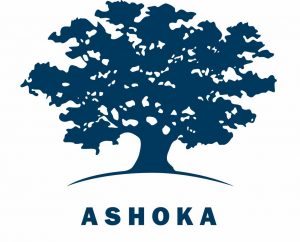
Ashoka
Ashoka’s Law for All Initiative (LFA) searches, selects, and supports both established and young social entrepreneurs innovating to make the legal system more accessible, inclusive, and effective in India. LFA is equipping such social entrepreneurs in the law and justice sector with resources and networks to help them become changemakers and enable long-term mindset shifts.

Ashoka
Ashoka’s Livelihoods for All Initiative in South Asia seeks to transform the livelihoods landscape by addressing rising inequality and exclusion and by fostering innovation and scalable programmes. It aims to catalyse synergies among ecosystem players by equipping them to become changemakers and contribute to systems change.

ATE Chandra Foundation
ATE Chandra Foundation (ATECF) works closely with nonprofits and governments to design and scale solutions that impact the most marginalised populations. They focus on two key areas: (i) social sector capacity building (building the capacity of professionals, organisations, and the ecosystem to create a stronger and more resilient nonprofit sector) and (ii) sustainable rural development (addressing key rural issues and investing in rejuvenation of water bodies and natural farming activities).

AVPN
AVPN is a leading ecosystem builder that moves capital towards impact in Asia. AVPN approaches social investment as a continuum of capital, in which funders may combine grants, debts, and equity across multiple investments within their own portfolio to achieve deeper impact. Information on AVPN’s work on women’s entrepreneurship can be found here.

British Asian Trust
British Asian Trust (BAT) is a diaspora-led international development organisation, delivering high-quality programmes in South Asia. BAT specialises in, and champions the use of, social finance products to drive positive change across the region.

Dasra
Dasra is a strategic philanthropic organisation that aims to transform India where a billion thrive with dignity and equity. ClimateRISE Alliance is a collaborative platform anchored by Dasra, that aims to build knowledge, consensus, and common outcomes with more than 50 civil society organisations working at the intersections of climate action and resilience for the most vulnerable communities.
Supported by the Rainmatter Foundation, the Alliance’s objective is to shape an India view, a common vocabulary, and enable a multi-stakeholder engagement approach on climate action in the country.

Forbes Foundation
Forbes Foundation, founded in 2012, is one of the three CSR verticals of Forbes Marshall. Through its work, the foundation seeks to invest in nonprofits and support the most marginalised and underserved sections of society. Its partners include TFIx, Umeed, and Kranti Sansthan.

Hindustan Unilever Foundation
Hindustan Unilever Foundation (HUF) works closely with nonprofits and state governments to develop solutions that create water security and well-being for rural communities. It focusses on water conservation and the promotion of efficient use of water in agriculture in some of the most water-vulnerable regions of India.

India Climate Collaborative (ICC)
The India Climate Collaborative (ICC) is the first-of-its-kind collaborative working to accelerate climate action in India. With an aim to inspire, connect, and empower institutions, individuals, and communities to rise to India’s climate challenge, the ICC convenes stakeholders across disciplines to design, finance, and implement pathbreaking climate solutions.

John D and Catherine T MacArthur Foundation
The John D and Catherine T MacArthur Foundation has been active in India since 1990 and maintained an office in New Delhi since 1994. Since 2015, the foundation has been supporting India’s growing national, regional, and global leadership on climate change as part of its Climate Solutions programme. The foundation also recently contributed towards the country’s equitable recovery from the COVID-19 pandemic.

Koita Foundation
Koita Foundation is a nonprofit founded in 2017 by Rizwan and Rekha Koita. It focuses on two key areas–NGO transformation and digital health. As part of its NGO transformation work, the foundation partners with nonprofits to digitally transform their operations and use advanced data and analytics to drive organisational performance and impact. The foundation also partners with leading academic institutions, hospitals, healthcare technology companies, and nonprofits to drive the adoption of digital health initiatives in India.

Project Tech4Dev
Project Tech4Dev is a group of software firms, ecosystem partners, and funders, initiated by a tech entrepreneur and philanthropist (Donald Lobo) and supported by his private family foundation, The Chintu Gudiya Foundation. This initiative enables organisations to bring technology to the core of programme design and implementation by providing customised tech solutions to nonprofits, at an affordable cost; developing open source solutions that are then made freely available for everyone to access, use, and build on; and creating an ecosystem of software firms and supporting them in developing products targeted specifically for the development sector.

Responsible Energy Initiative
REI India is a collaboration between industry and civil society organisations that works closely with the renewable energy (RE) sector to adopt business models and value chains with justice, equity, universal rights, and resilient ecological systems at their core—thereby contributing to a socially just and ecologically safe energy transition. The programme helps the RE sector better understand risks along the value chain and enables stakeholders to design, test and implement solutions together.

Rohini Nilekani Philanthropies
Rohini Nilekani Philanthropies (RNP) looks to support ideas, individuals, and institutions doing ground-breaking work that enables a strong samaaj with ethical leadership, a sense of urgency, and the courage to learn. RNP seeks to strengthen communities that work for their own betterment. It does this by supporting work anchored in networks and movements, often sitting at the intersection of samaaj, sarkaar, and bazaar. It makes grants in four areas: climate and environment, gender equality, mental health, active citizenship and access to justice.

Tata Steel Foundation
Tata Steel Foundation operates across 4,500 villages in the states of Jharkhand and Odisha. The Foundation focusses on co-creating solutions with tribal and marginalised communities, to develop and implement change models that are replicable at a national scale, enable significant and lasting betterment in the well-being of communities, and embed a societal perspective in key business decisions.

The GROW Fund
Anchored by EdelGive Foundation along with a collective of leading funders, the Grassroots, Resilience, Ownership and Wellness (GROW) Fund is a first-of-its-kind initiative. Aimed at building the capabilities, resilience and future readiness of nonprofits, the GROW Fund aims to support 100 high impact grassroots organisations over 24 months, through a combination of funding, capacity building, and organisation development.

Womanity Foundation
The Womanity Foundation seeks to accelerate gender equality through innovative investments. Womanity launched its Women Land Rights programme in India with an aim to impact 50,000+ marginalised women and help nonprofits develop locally sustainable models that can be adapted and scaled across the country.
